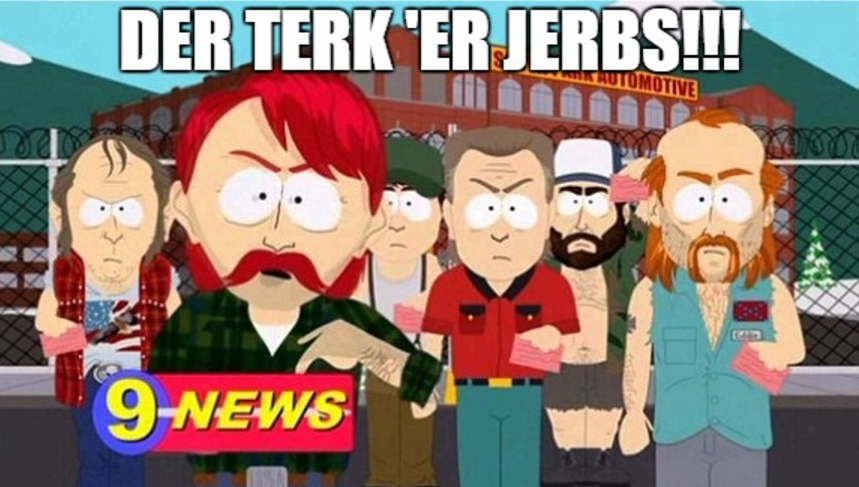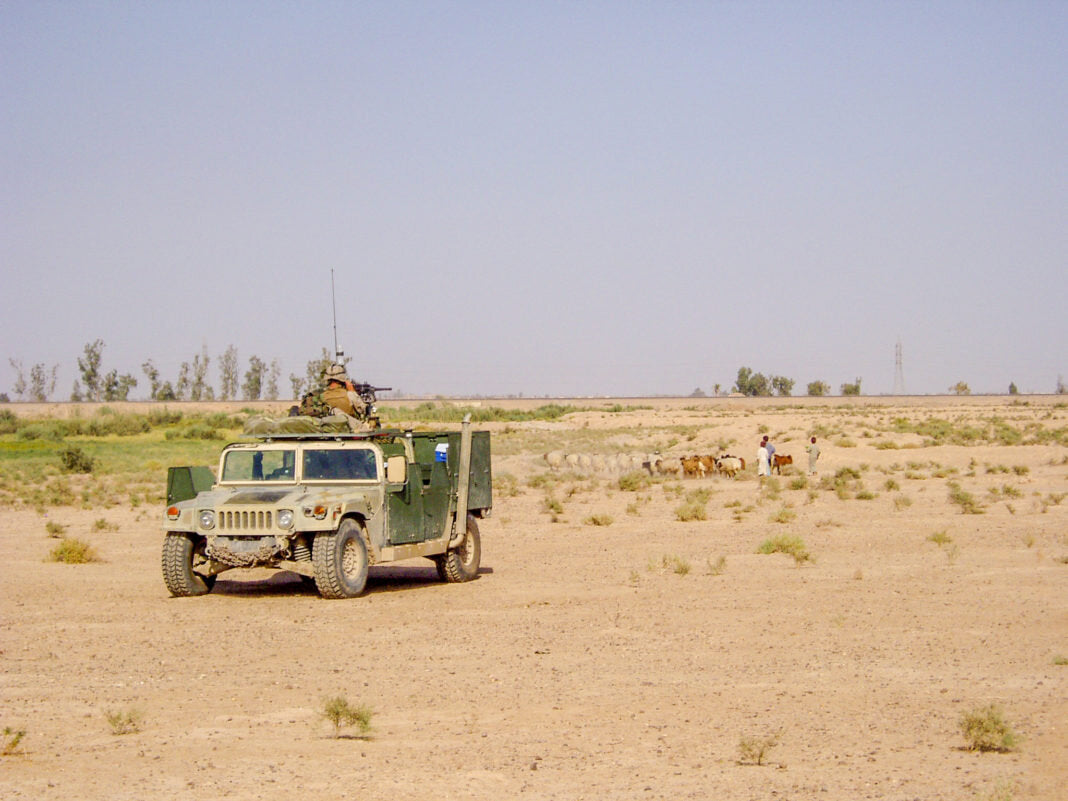
Dude, Where's My Hero Worship?: An Open Letter to Bro-Vets
Can we stop applauding veterans every time they derail discussions about social problems by redirecting the narrative back to veteran issues? Yes, the VA is in tremendous need of overhaul. Yes, college tuition assistance should be more accessible to veterans. Yes, PTSD is a societal issue that must be discussed. However, there are legitimate organizations and 501c3’s lobbying for veterans, you know, actually sacrificing their time and effort. These organizations are in stark contrast to the mob of “bro-vets” sweeping in with viral memes, energy drink at the ready, and armed with snarky comments set to a cyclic rate of fire.Bro-vets are awarded with applause for making the hollowest of feel good statements. Worse, some of these individuals actually traffic in fake altruism and inflated valor specifically for commercial gain. Because it is so taboo to hold a veteran accountable for outlandish claims, they get a pass and are allowed to continue cheapening veteran advocacy overall. This delegitimizes the work of real charitable organizations and leads to dangerous counter-narratives that misrepresent the true character and potential of veterans.I do get it though. I understand why bro-vets patrol the Internet, keyboard at a half-cock, fingers ready to pull trigger on “hero shaming”. This is a defense mechanism. A reaction to the challenges of reintegration. Transitioning out of the military is hard, and there is no easy way around the challenges. Successful transition requires us to acknowledge that we will lose parts of our identity that have contributed to the most meaningful experiences of our lives.

The broader civilian population needs to be made aware of veteran issues but we must, as a community, strategically consider how to make civilians aware in the most constructive way possible. Playing the bro-jester has denigrated veterans to a group of womanizing locker room meatheads. Stereotyped and labeled by civilians, we are just as easily dismissed by Americans as valorous heroes with nothing important to say.As young GI’s, and even as we grow into men, we are hardly capable of understanding the emotional and sociological experiences we encounter as soldiers. Few Americans have had the privilege to experience the truly unique camaraderie of service, and the fraternity of brothers in arms that we have. Sacrifice on behalf of the nation empowers us with a particular type of self-worth and confidence. Service truly allows us to be a part of something larger than ourselves. Few civilians understand what that satisfaction feels like, which is why many adult Americans feel lost at mid-life and have few true friendships.Have you ever been frustrated because a civilian broadly categorized you with other servicemen who held jobs vastly different than yours? “Oh, my friend is also in The Marines… well Air Force… but I assume you guys have similar jobs so I understand what you do.” Such broad sweeping generalizations can disenfranchise us about the specifics of our identity. Worse, we often absorb the negative attributes of identities not representative of us. The obnoxious exploits of bro-vets exacerbate this trend.Emotional longing is an unavoidable for most transitioned veterans. In “Apocalypse Now,” the famed Col. Kilgore hosts a beach bonfire after an air assault raid. Watching Kilgore strum a guitar, the narrator makes a very particular comment, “the more he tried to make Vietnam like home, the more he just made everyone miss it.” The inverse is true of civilian life and clinging to military identity. By trying to maintain our military identity, or worse, attempting to create military-style camaraderie incompatible with civilian activities, the unintended consequence can be further emotional trauma. Cherish your military memories, take pride in the hard lessons earned that made you the man or woman you are today, but accept that you cannot bring all of that with you to the private sector. In fact, it might be incredibly emotionally unhealthy to do so.I, and many veterans went through similar phases of transition. I spent a year wearing my khaki American flag hat and redirecting everything back to my military accomplishments when I found myself in new social settings where I felt inferior. On social media, I’d only seek out other veteran groups that understood my dark humor. Part of the difficulty of transitioning back to civilian life is finding a new mission and a new purpose. You will lose the positive feedback loop of showing up to the platoon every day. At the unit, if we have a bad day, at least it’s a bad day with your best friends.To successfully transition back to civilian life, we must reflect on the catalyst of emotions that first compelled us to join the military. Whether it was family heritage, a call to serve, or even just to get out of a small town, we decided to change our identity, and embrace head on the unknowns of military life. Transitioning from the military and back to civilian life, we must once again be willing to make ourselves vulnerable, and humble our egos so that we can proceed onward with our lives.To the veteran bro-vets playing the jester, if you have something meaningful to say, then say it. But remember, misjudged or poorly thought out sarcasm might net short-term fame and applause, but it will ultimately harm broader efforts for veteran advocacy. Thank you for your service, now stop making the rest of us look like jackasses.- Will Hunting
Written By Will Hunting
February 14, 2017









